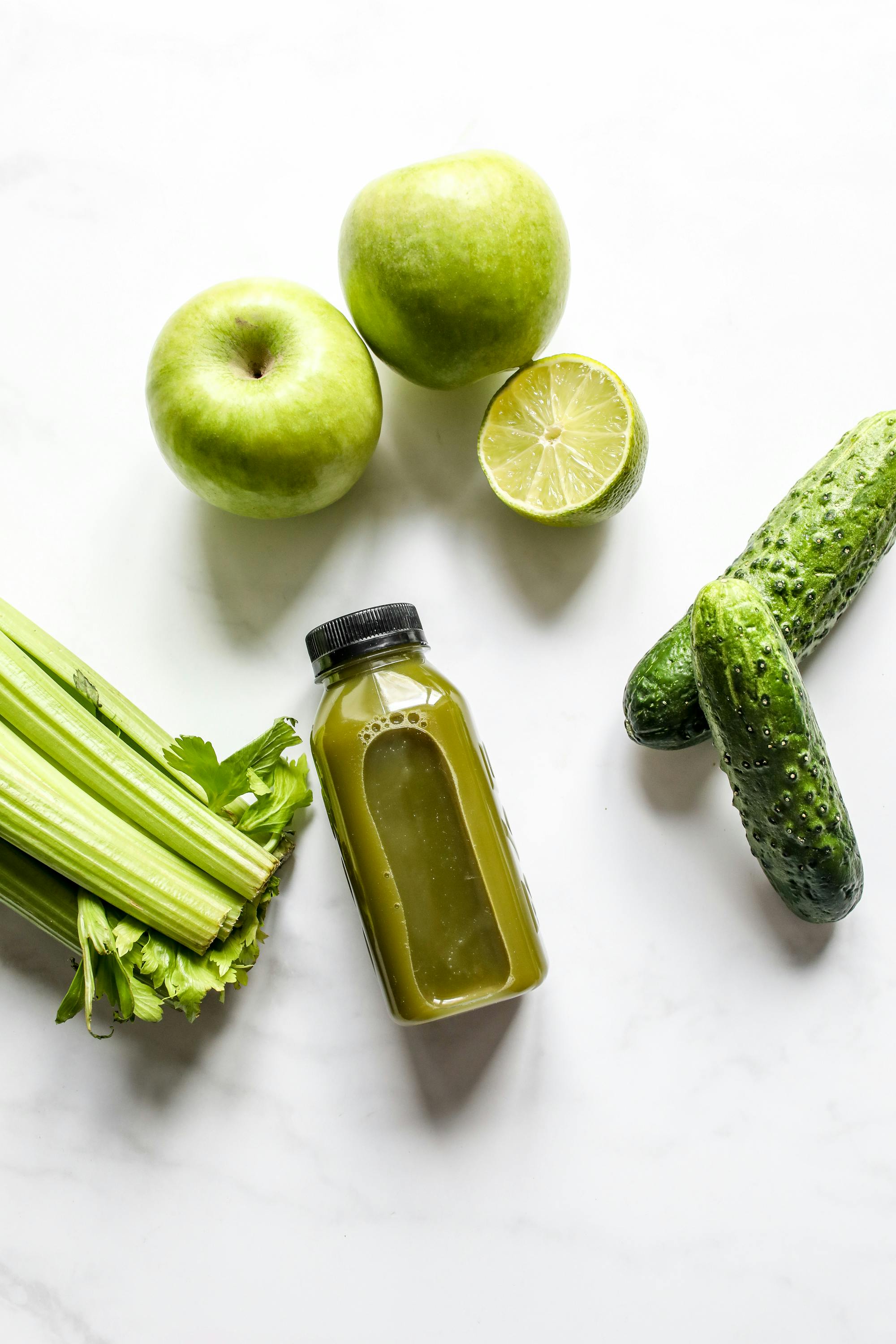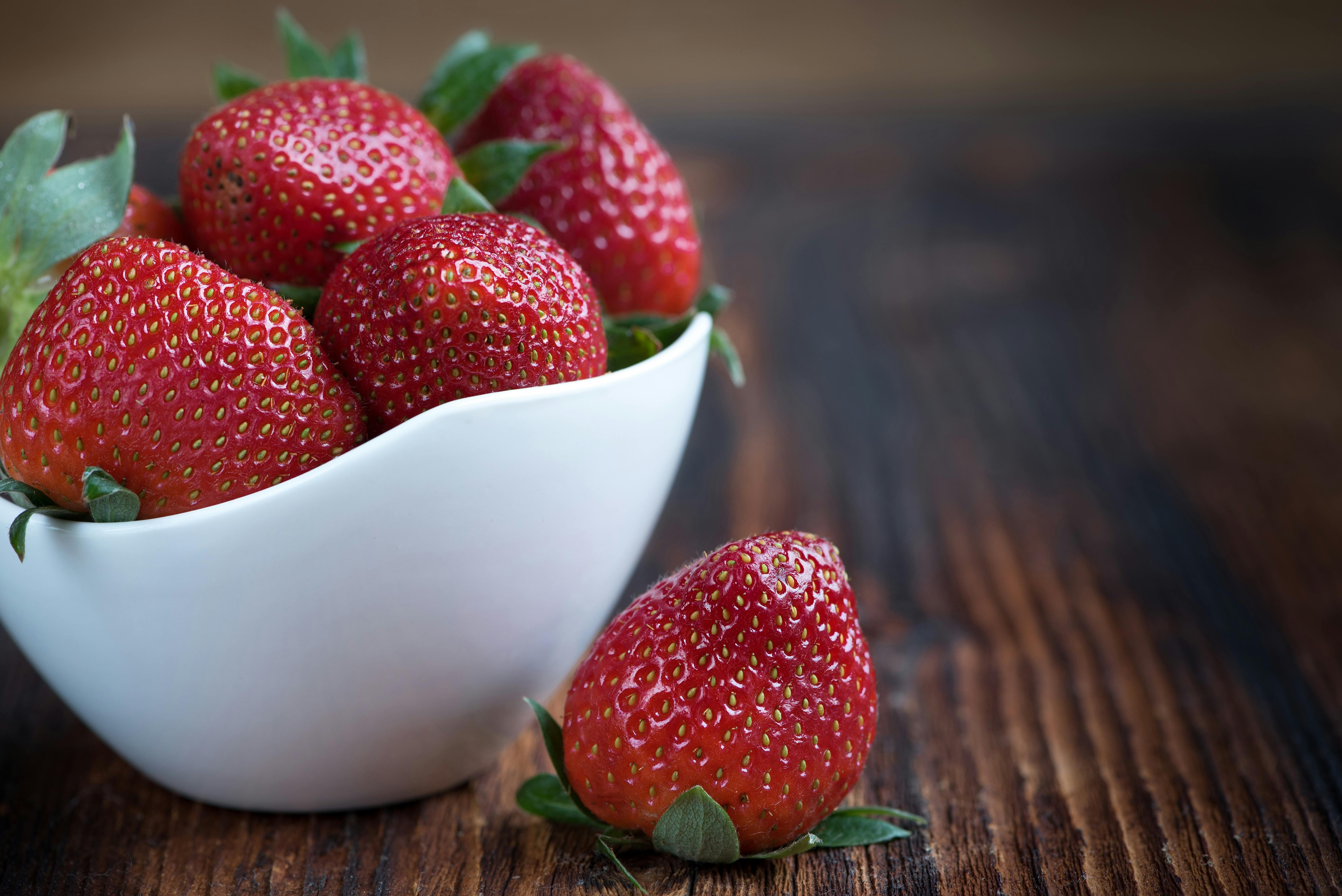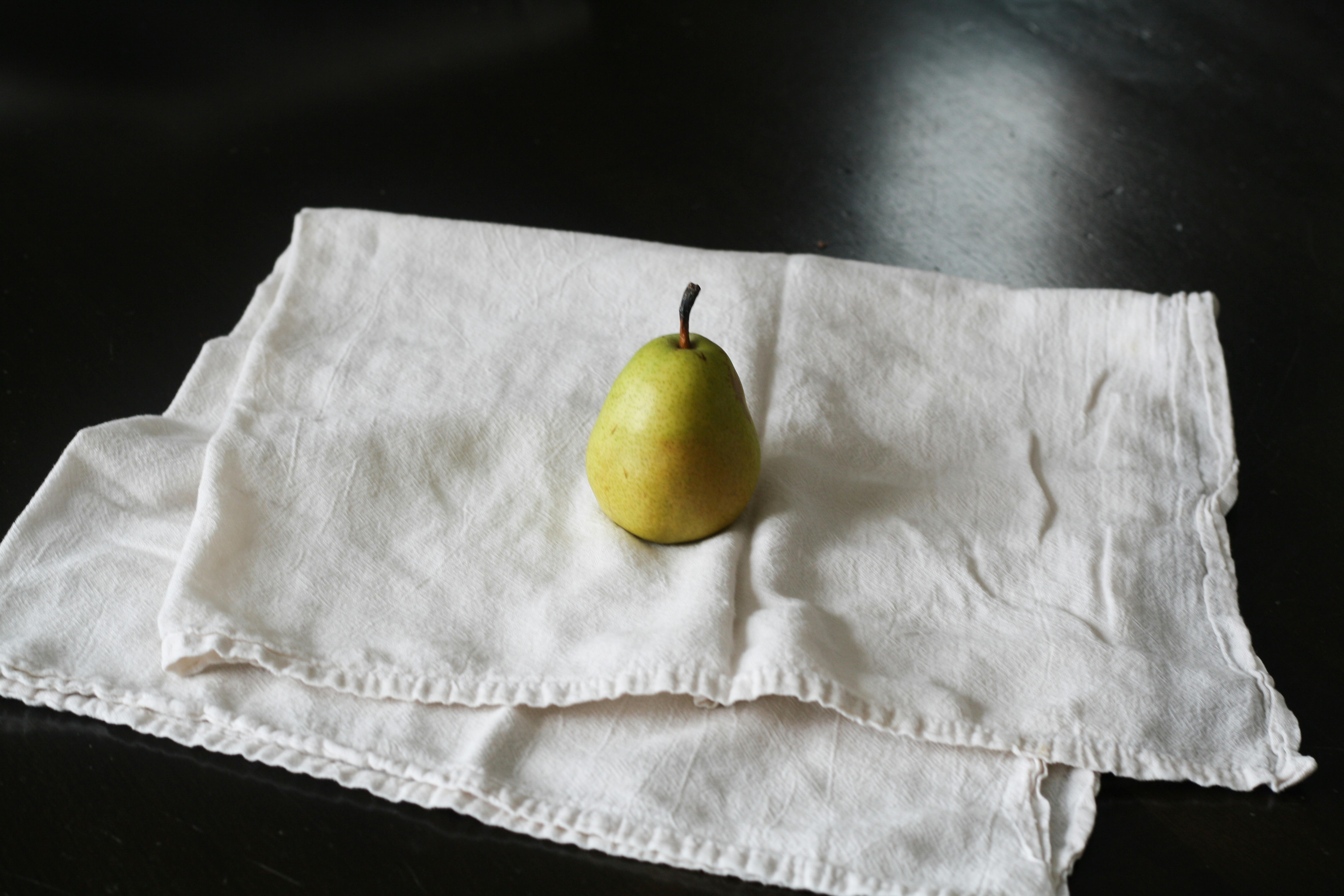Effective Kidney Stone Diet Chart for 2025: Discover Key Foods

Effective Kidney Stone Diet Chart for 2025: Discover Key Foods
Kidney stones can be a painful and challenging health issue for many individuals. A well-structured kidney stone diet not only helps in managing symptoms but also plays a crucial role in preventing the formation of new stones. Understanding which foods to eat and which to avoid is essential for promoting kidney health. In this article, we will explore a comprehensive kidney stone diet chart tailored for 2025, outlining key foods that can aid in managing kidney stones.
This kidney stone diet will cover various aspects, including hydration levels, potassium-rich foods, and more. We will also provide a food list, emphasizing the importance of dietary changes and hydration for kidney stones. Key takeaways will include practical meal preparation ideas and portion control tips, ensuring a balanced approach to meals for kidney stone sufferers.
With the growing awareness of kidney health, this diet chart will also incorporate modern dietary recommendations from experts, helping you to make informed food choices. Let’s begin our journey toward better kidney health!
Understanding the Kidney Stone Diet: Why It Matters
The kidney stone diet is not just about avoiding certain foods; it's a comprehensive approach to promote kidney health and reduce the chance of stone recurrence. Certain foods can either contribute to the formation of stones or help dissolve existing ones. This diet focuses on the balance of nutrients, hydration, and managing dietary restrictions based on individual needs.
One of the primary goals is to minimize the intake of oxalate-rich foods, which can lead to calcium oxalate stones, the most common type of kidney stones. Thus, understanding the foods high in oxalates, such as spinach and nuts, is essential for effective management.
Moreover, hydration plays a critical role in preventing stone formation. Consistently maintaining adequate fluid intake helps dilute the substances in urine that lead to stones. Therefore, establishing a hydration schedule is vital for anyone aiming to manage kidney stones.
A dietitian's recommendations often involve modifications in calcium intake depending on the type of stones formed. Low-fat dairy options can still provide necessary calcium without increasing the risk of stone formation.
In the next section, we will delve into the specific foods to include in your kidney stone diet and those to avoid.
Key Foods to Include in Your Kidney Stone Diet
Incorporating the right foods into your kidney stone diet can significantly help manage and prevent kidney stones. Here are some foods that are not only nutritious but also supportive of kidney health:
Citrus Fruits: Citrus fruits such as lemons and oranges are beneficial due to their high citric acid content, which can help prevent stone formation. Drinking lemon water or adding lemon juice to dishes can be a great strategy.
Fiber-Rich Foods: Foods high in fiber, like whole grains, fruits, and vegetables, can help regulate calcium levels in urine, thus playing a preventive role against stones.
Potassium-Rich Foods: Foods such as bananas, potatoes, and beans provide potassium, which can help manage stone formation. Following potassium recommendations is crucial for overall kidney health.
Magnesium Sources: Foods rich in magnesium, such as nuts and seeds, can also play a protective role against stone formation.
Low Oxalate Vegetables: Including vegetables like cauliflower, broccoli, and bell peppers can help reduce overall oxalate intake.
Now that we have established key foods for inclusion, let’s look into the foods to actively avoid in your kidney stone diet.
Foods to Avoid for Kidney Stones
Not all foods are beneficial when managing kidney stones. Here’s a list of foods that should be limited or avoided:
High Oxalate Foods: Certain foods like spinach, beets, and chocolate are high in oxalates and may contribute to the formation of stones. Reducing these foods is a practical approach.
Sodium-Rich Foods: Processed and fast foods are typically high in sodium, which can lead to increased calcium in the urine, promoting the formation of stones. Limiting sodium intake is crucial.
Animal Protein: While protein is an essential nutrient, high consumption of red meat and processed meats can increase the risk of kidney stones. Opt for plant-based protein sources instead.
Carbonated Beverages: Soft drinks and other carbonated beverages may contain phosphoric acid, which can increase the risk of stones. Choosing water or herbal teas is a better option.
Foods High in Sugar: Sugar can lead to obesity, a risk factor for kidney stones. Avoiding sugary foods and drinks will help maintain a healthy weight.
Overall, being aware of harmful foods allows for more strategic meal planning. Next, let’s explore hydration for kidney stones and its significance.
Importance of Hydration for Kidney Stones
Hydration is one of the most critical factors in preventing kidney stones. When the body becomes dehydrated, the concentration of minerals and other substances in urine increases, leading to stone formation. Therefore, maintaining proper hydration is paramount.
Aiming for a daily intake of at least 2-3 liters of water, depending on individual urinary output and physical activity levels, can significantly help in minimizing the risk of stones. This can include water, herbal teas, and juice from citrus fruits. Here's a simple hydration schedule that can help:
- Morning: Start your day with a glass of water and citrus juice.
- Midday: Drink water regularly and include a hydration-friendly snack.
- Afternoon: Continue drinking water, especially if engaging in physical activity.
- Evening: Have an herbal tea to encourage relaxation and hydration.
Following a consistent hydration schedule will also support kidney function and overall health. In the next section, we will cover dietary changes that can enhance kidney stone management.
Dietary Changes for Effective Kidney Stone Management
Making dietary changes can be a significant step in managing kidney stones. Here are some strategies to implement:
Portion Control: Managing portion sizes can prevent excessive intake of certain foods, particularly those high in oxalates and sodium.
Meal Timing: Regularly scheduled meals and snacks can help in better digestion and nutrient absorption. Keeping to a routine can optimize kidney health.
Incorporating Herbal Remedies: Certain herbs, like dandelion and nettle leaf, are believed to promote kidney health and may help in managing kidney stones.
Tracking Food Intake: Keeping a food diary or using dietary tracking apps can provide insights into your eating habits and support better management of your diet.
Working with a Nutritionist: Consulting a dietitian specializing in kidney health can offer personalized recommendations tailored to your specific health needs.
Making these dietary changes can improve not only kidney stone management but also overall well-being. Let’s take a closer look at meal prep ideas suitable for kidney stone diets.
Meal Prep Ideas for Kidney Stone Management
Preparing meals in advance can help ensure adherence to your kidney stone diet. Here are some practical meal prep ideas:
Breakfast Options: Start your day with oatmeal topped with fresh fruits like bananas and a sprinkle of cinnamon for added flavor.
Lunch Ideas: Prepare salads with low-oxalate greens, incorporating proteins like grilled chicken or beans, and dressing with lemon juice and olive oil.
Dinner Suggestions: For dinner, consider baked fish with steamed broccoli and quinoa. These options are balanced and kidney-friendly.
Snacks: Keep kidney-friendly snacks handy, such as carrot sticks, low-fat yogurt, or citrus fruits to curb hunger without increasing stone risk.
Hydration Reminders: Pack a water bottle to encourage regular hydration throughout the day, especially when on the go.
Having a structured meal plan will simplify the daily decision-making process and promote healthier choices. In our final section, we will address common questions about the kidney stone diet.

Q&A Section on Kidney Stone Diet
What are the best drinks for kidney stones?
The best drinks include water, lemon water, and herbal teas. These beverages help maintain hydration, which is crucial in preventing kidney stones.
Can I still eat dairy products?
Yes, but it's recommended to choose low-fat dairy options and monitor calcium intake. Dairy can provide necessary nutrients beneficial for kidney health.
How can I increase hydration levels?
Setting a hydration schedule and incorporating water-rich foods like fruits and vegetables can significantly boost your fluid intake.
Are there any specific foods to absolutely avoid?
Avoid high oxalate foods, such as spinach, beets, and nuts, along with sodium-rich and sugary foods to effectively manage your condition.
What role do lifestyle changes play in kidney stone management?
Lifestyle changes, including diet modifications, regular hydration, and weight management, are crucial in preventing stone recurrence and promoting overall kidney health.
